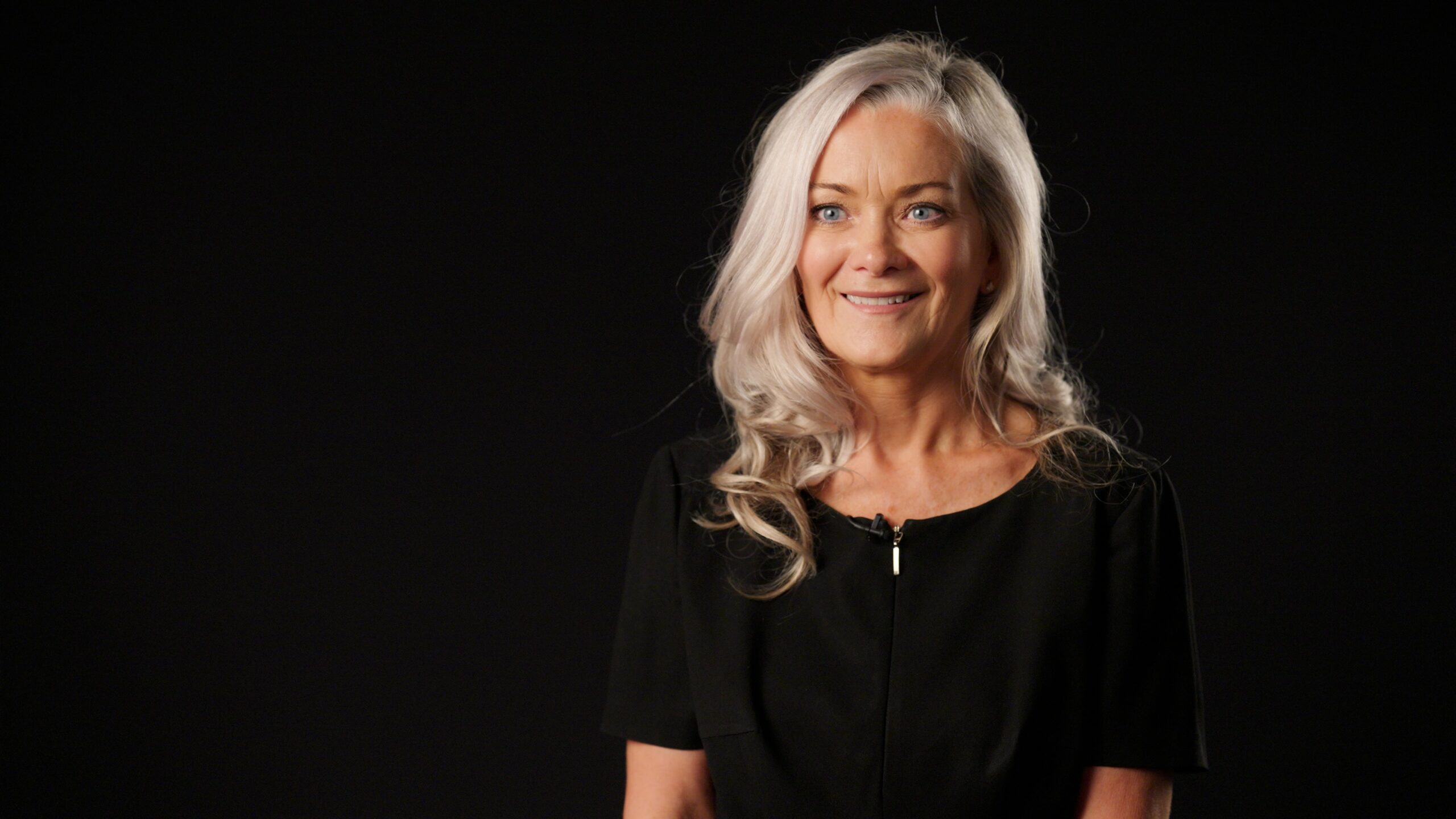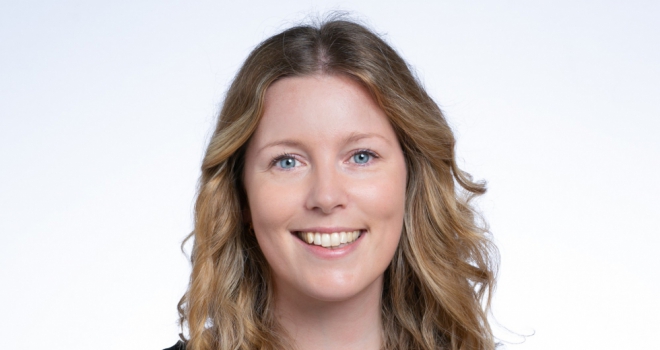31 March 2022
Three in five believe excluding daily living costs from social care cap is unfair
The research from Just Group tests government claims the £84,000 care cap means people will no longer face unpredictable or unlimited care costs, writes Stephen Lowe, the firm’s group communications director.
Many people have been left with the impression that the £86,000 cap would be the total amount they would be expected to spend on their own care before starting to receive taxpayer support.
In fact, only that spending specifically on ‘personal care’ – the professional support with activities such as washing and dressing – is likely to count towards the cap.
Around £200 of daily living costs covering accommodation, food and utilities will not count as spending on personal care and will remain the individual’s own responsibility to pay if they can afford to. Our research shows people think these costs would be included in the cap.
Despite the care reform proposals being published and publicised, the majority of people still don’t understand what help the State will give and how much of their own money is likely to be needed.
Given changing demographics, it is likely that more and more people will require residential care at some point in their life and we cannot have a system where millions of people are still in the dark over what they could have to pay.
A very significant public awareness campaign is essential over the next few years to ensure the public become aware of their responsibility and are not kept in the dark.
- The views of contributors are not necessarily shared by the Council. To read more about the research click here.



